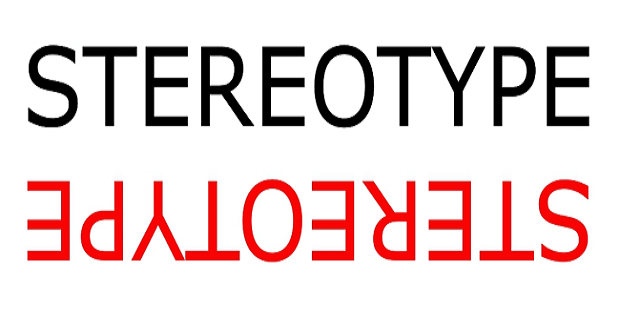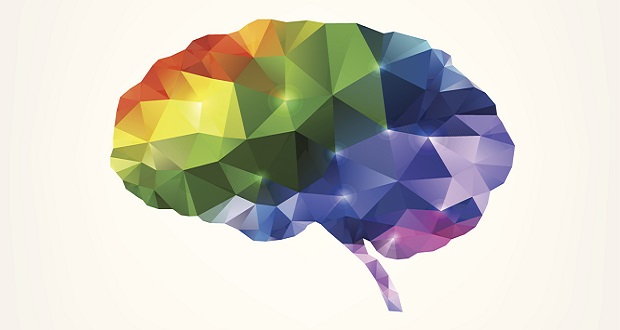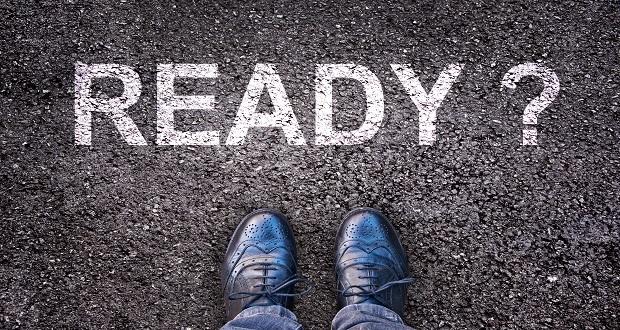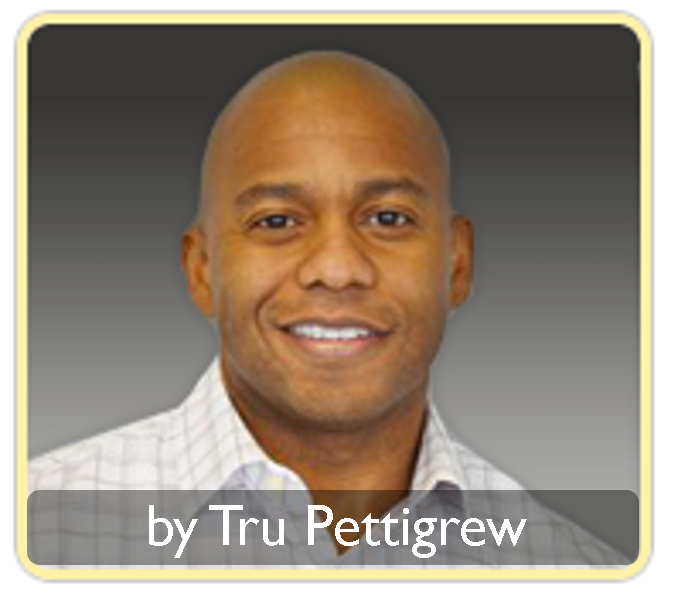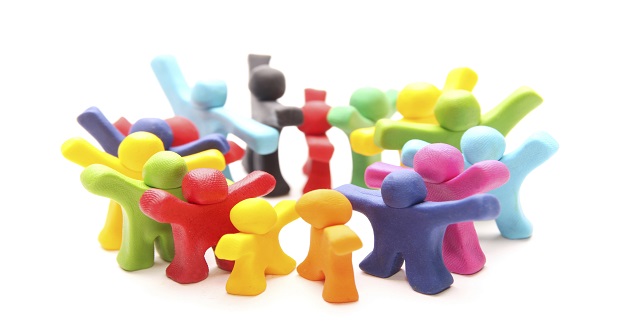
Last week I shared that self-awareness is the most important criteria for inclusion. While it starts with self, I believe that sustaining inclusion is a team, group, organizational and societal effort…inclusion ends with “us”, to continue my play on the letters in the word inclusion. One of my esteemed colleagues pointed out that inclusion really doesn’t end with “us”, as the word is spelled. I asked him to work with me on it and stretch his imagination that “us” is towards the end of the word. So I invite my readers to do the same.
The point is that until we get to a critical mass of people who share a desire to create an inclusive world we will continue to experience the blatant and not so blatant acts of bias, prejudice, bullying, and discrimination.
I will often say in training and keynote addresses that I do not believe people get up in the morning and say “who can I treat badly today; who can I discriminate against.” Most people want to treat people with respect and dignity. We know that there are exceptions that we readily hear about in the media. The issue is that for many of us we do not know how to do so, especially when we encounter difference. We think that by treating others the way we would want to be treated we are practicing inclusion. The Golden Rule, however, only takes us so far. The Platinum Rule, “Treat others the way they want to be treated” requires us to know how they would want to be treated. To know this requires knowledge of others. This is where we fall short.

Image courtesy of Let’s Talk About Work
The Four Stages of Learning Model, initially described as “Four Stages for Learning Any New Skill”, a theory that was developed by Gordon Training International by its employee Noel Burch in the 1970s, is helpful in understanding how we become more culturally competent.

The Fours Stages of Learning Model
Unconscious incompetence means that we are unaware of how little we know; conscious incompetence is the stage where we recognize our incompetence and seek to acquire knowledge and skills so that we become consciously competent, and at unconscious competence we don’t even need to think about the skill because it has been internalized.
As a society, it is difficult to get past unconscious incompetence if we continue to stifle the dialogue around difference. We see what happens to celebrities who come out on the wrong side of political correctness. In today’s environment a slip of the tongue that is considered insensitive to some underrepresented group can lead to dire consequences that ruin reputations and brands.
For collective movement towards unconscious competence, we need collective opportunities to learn and grow and make mistakes. Making mistakes is an integral part of any learning process. We need to support each other in our learning. Rather than punish those who are “inclusion incompetent”, let’s try to understand why they hold their perspectives (seek first to understand). Starting at a point of curiosity rather than condemnation can open up discourse that we can all benefit from to move “us” to a place of true inclusion.

